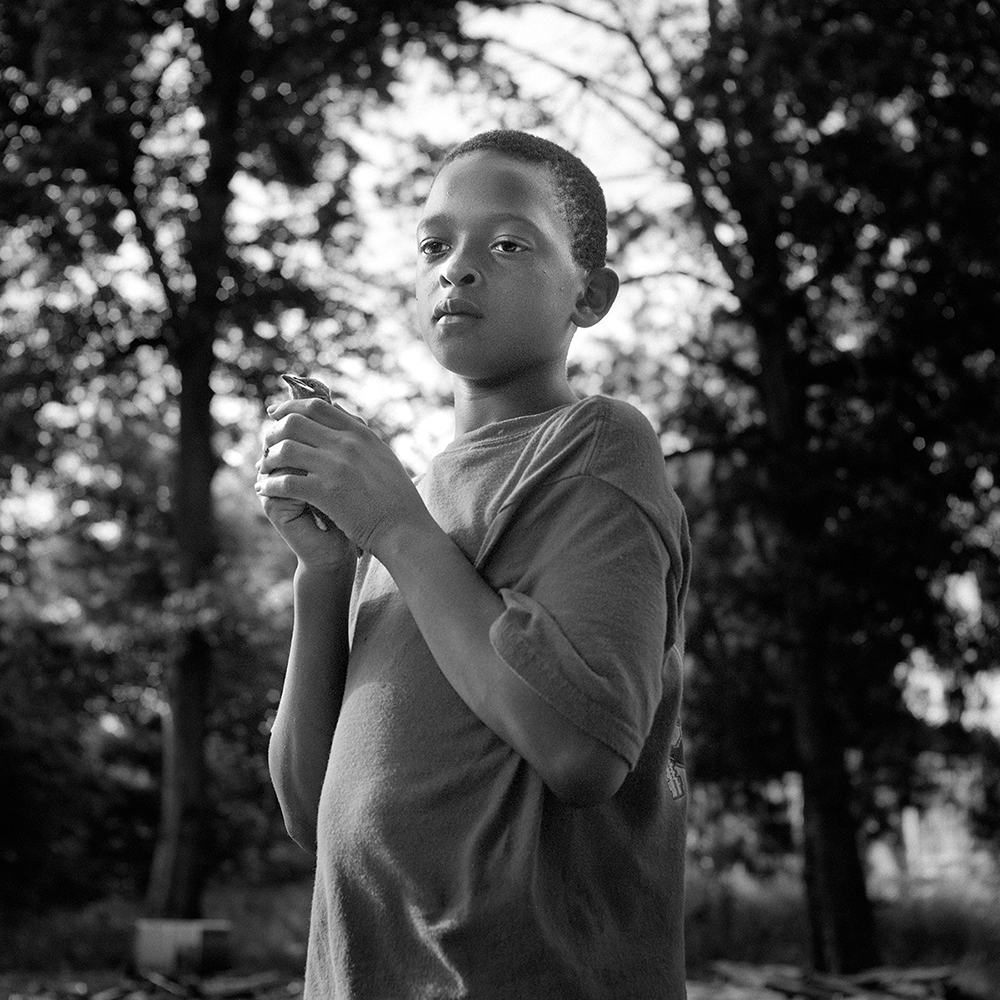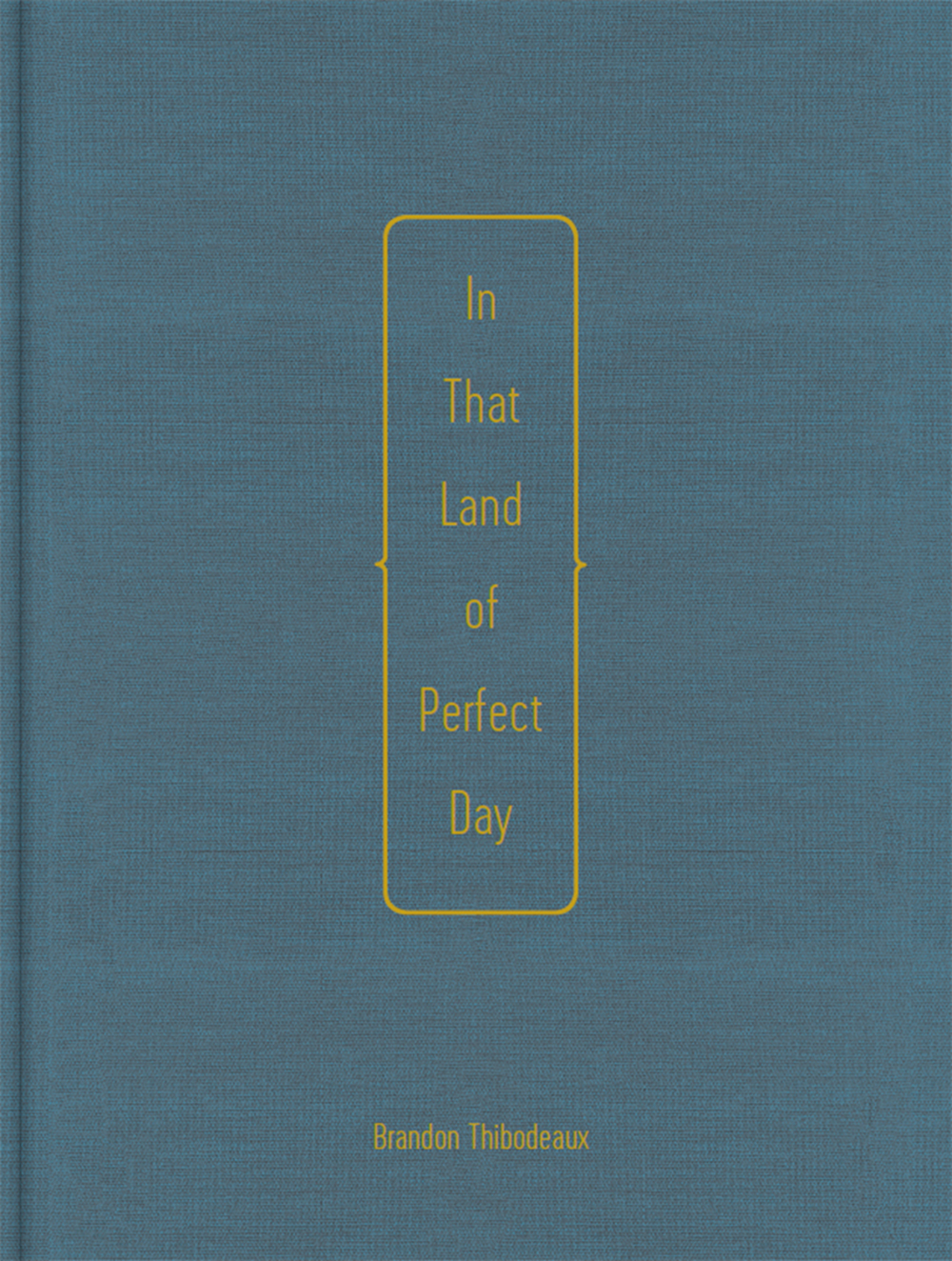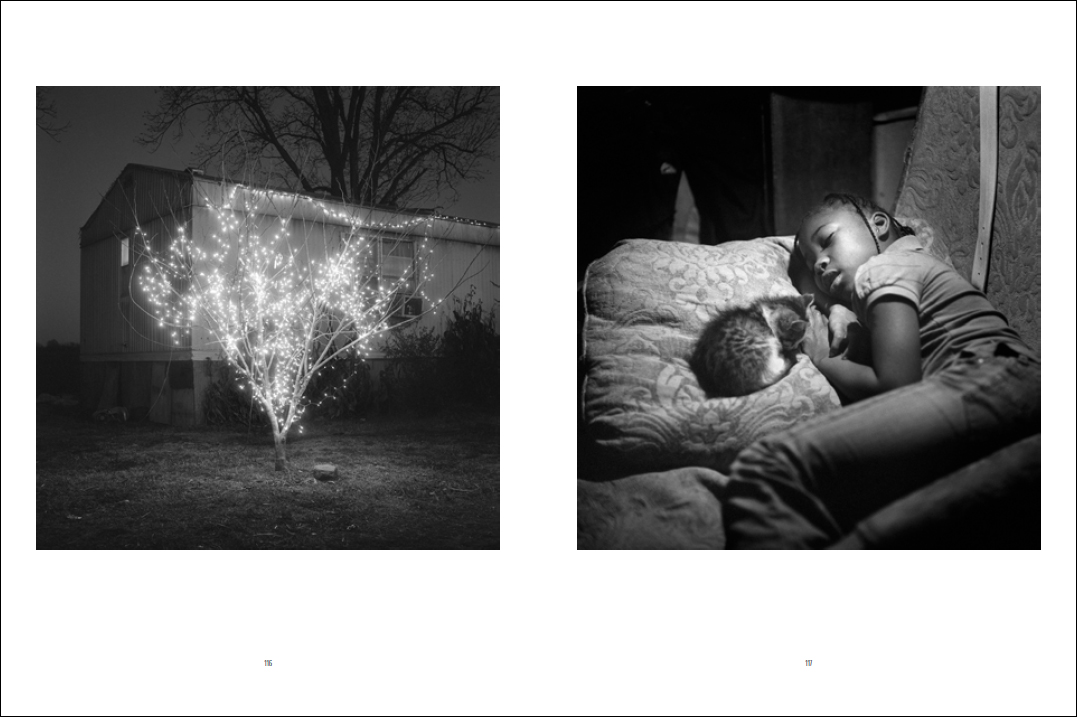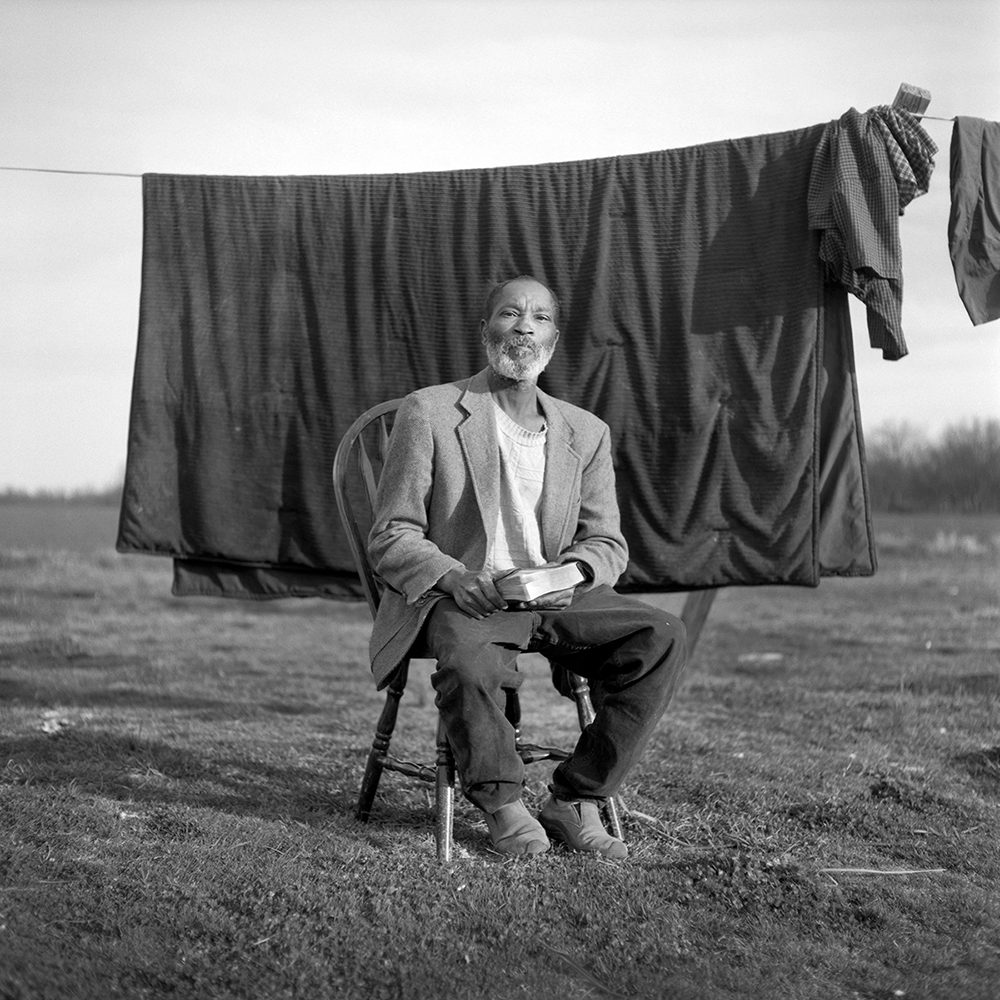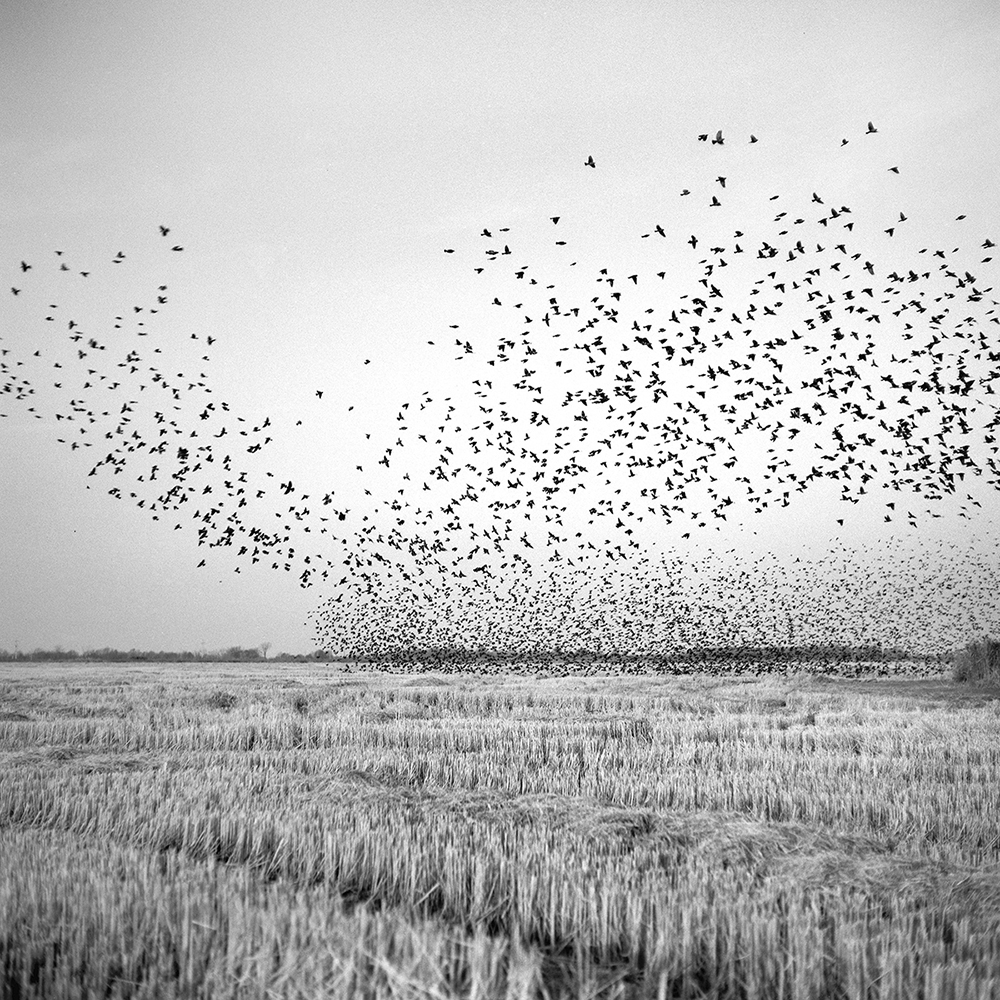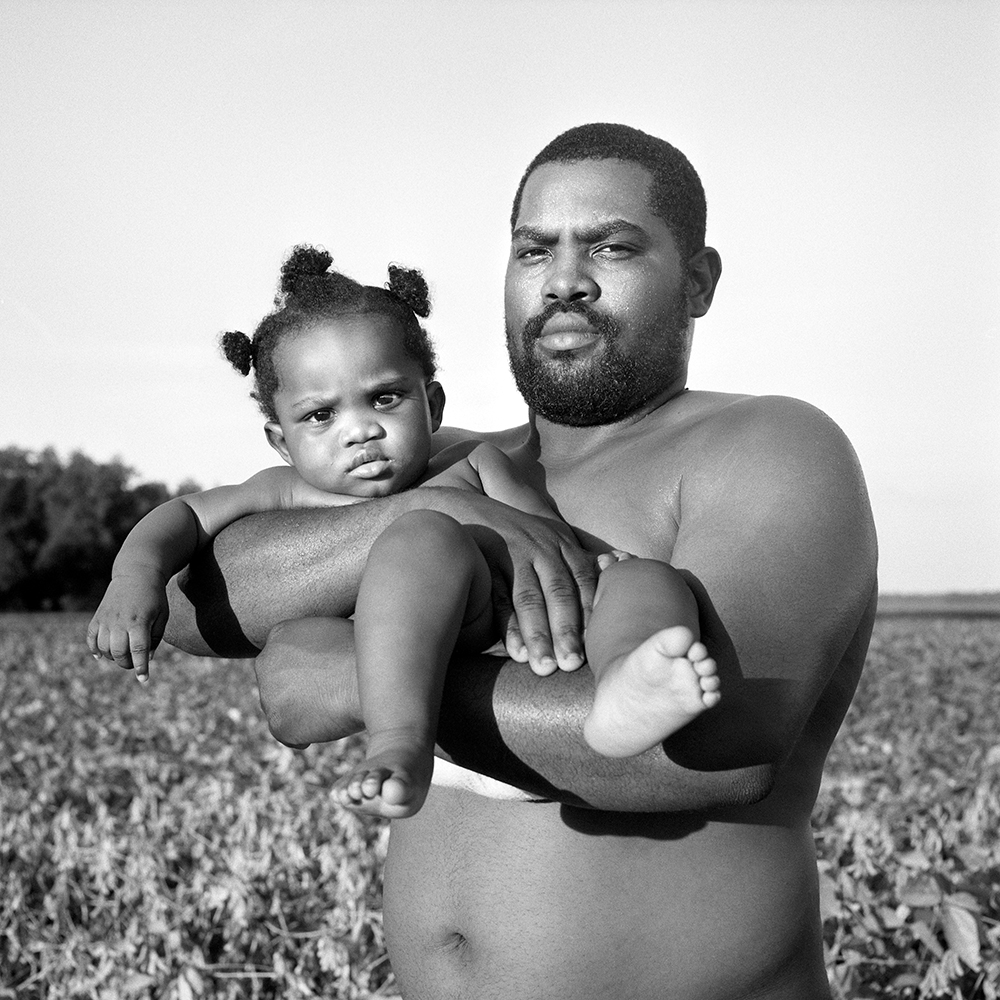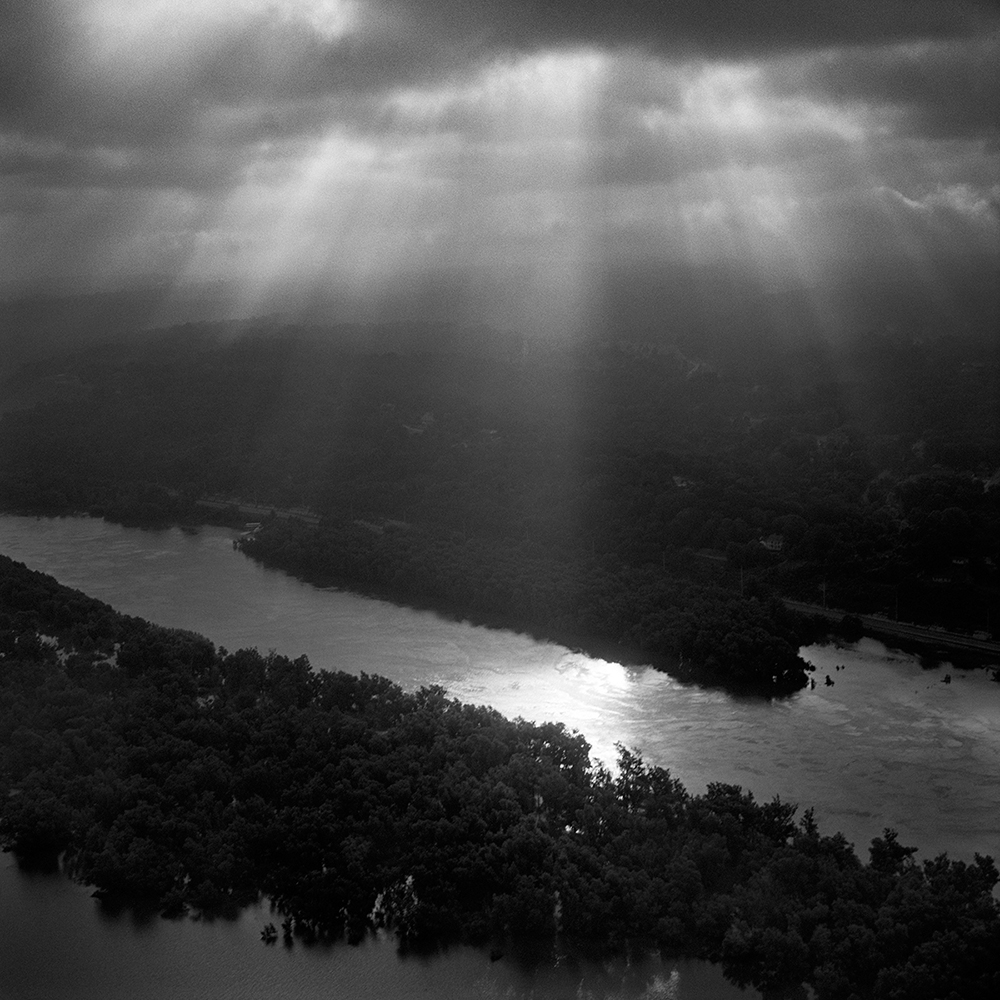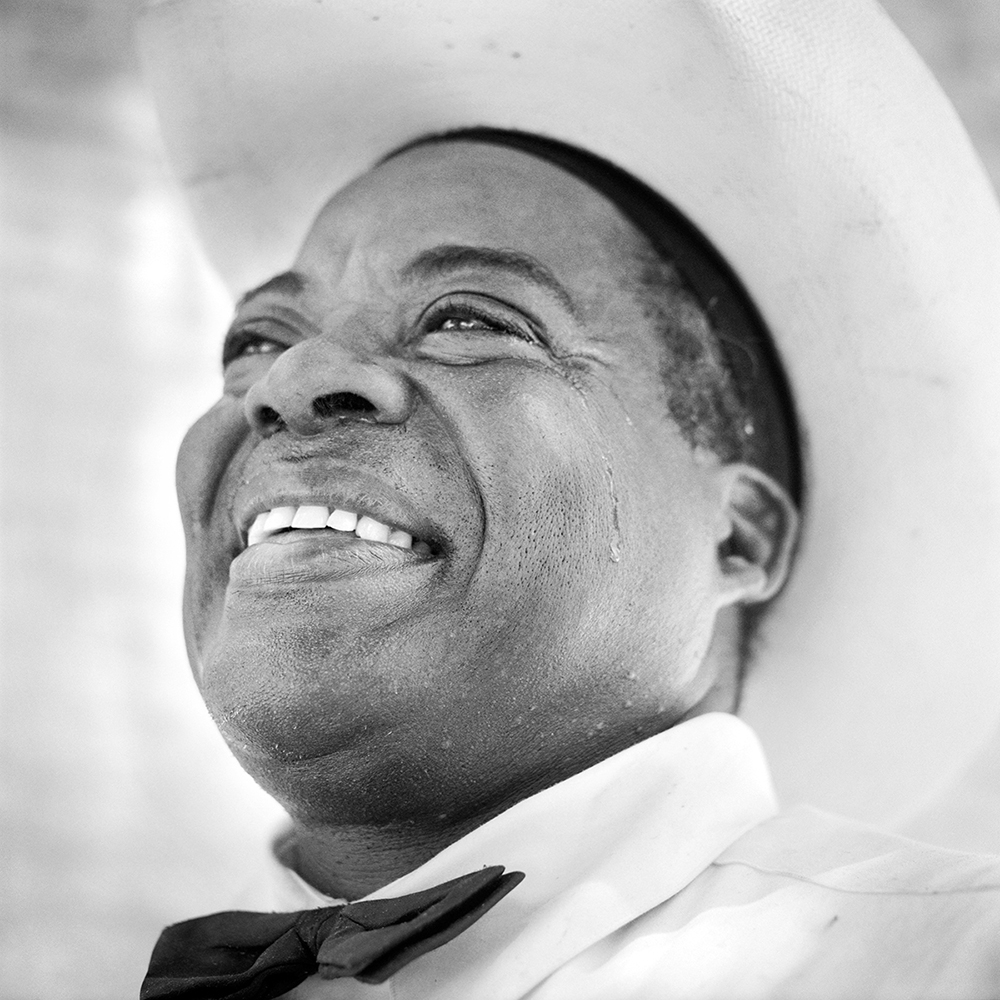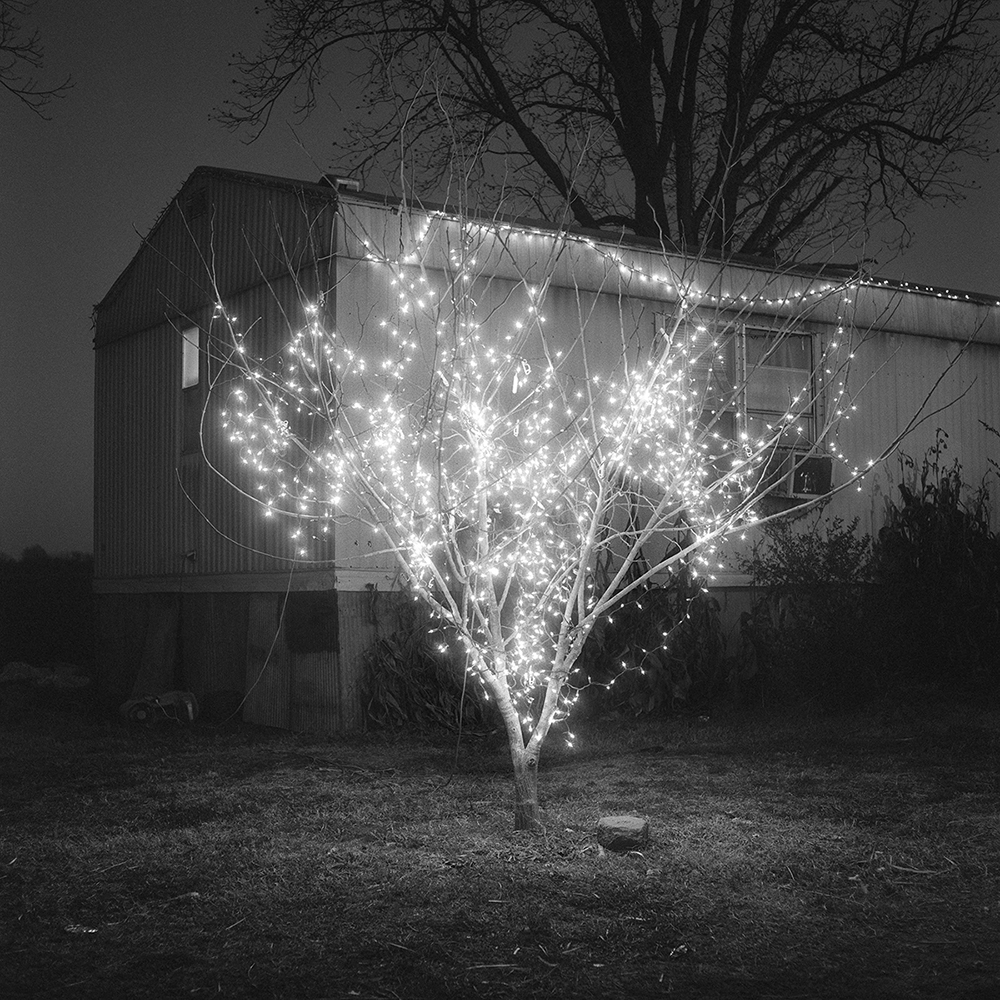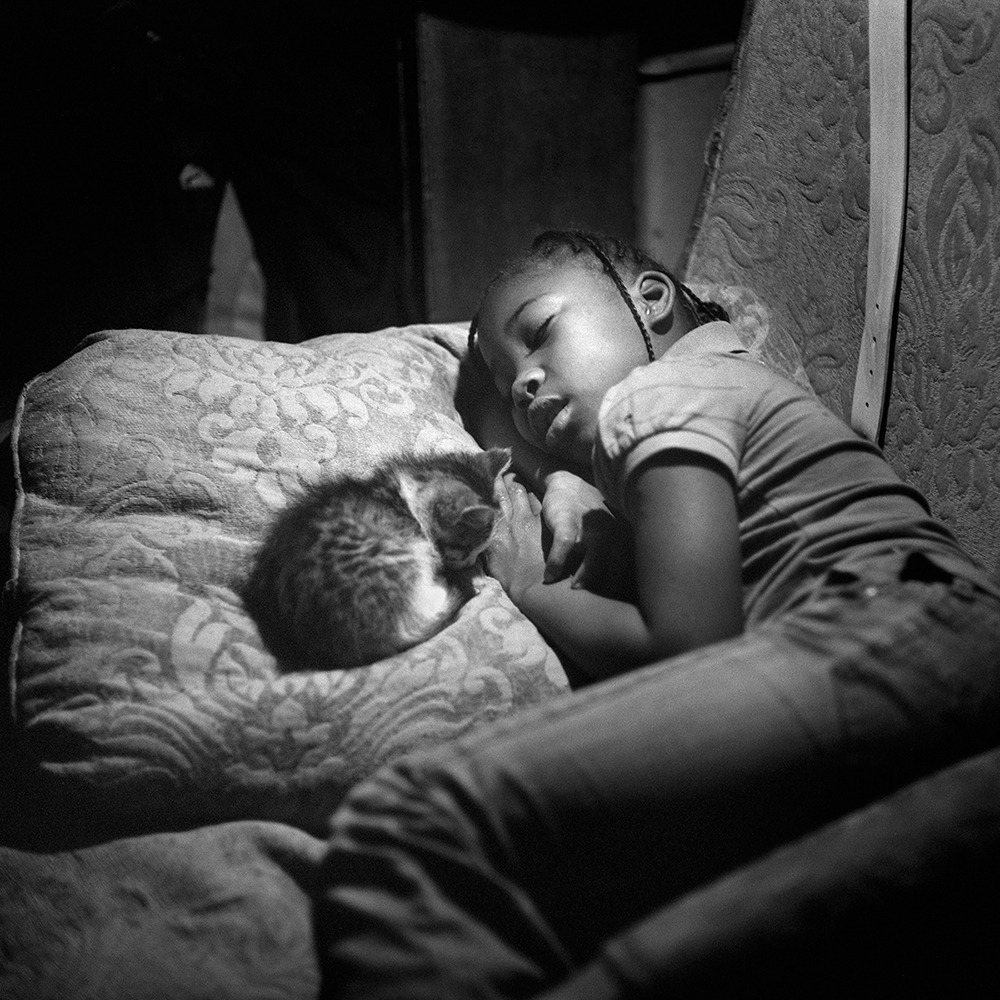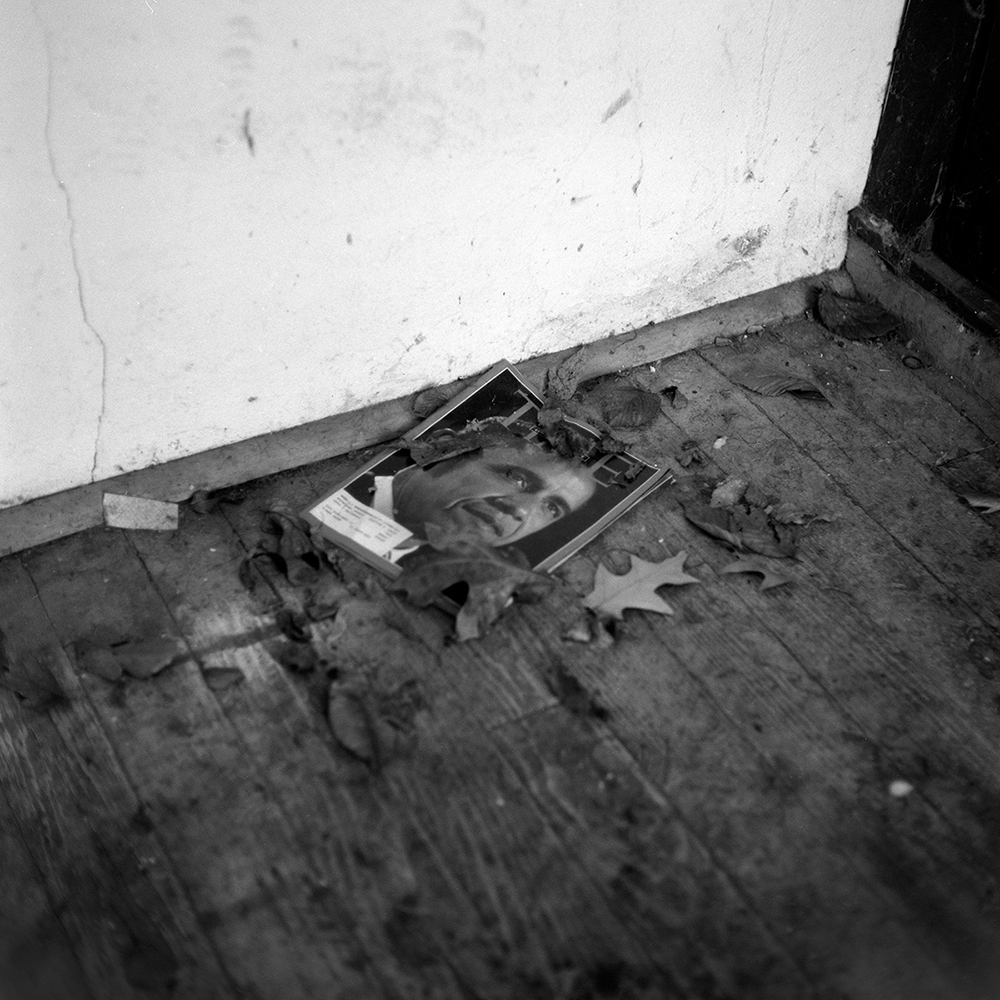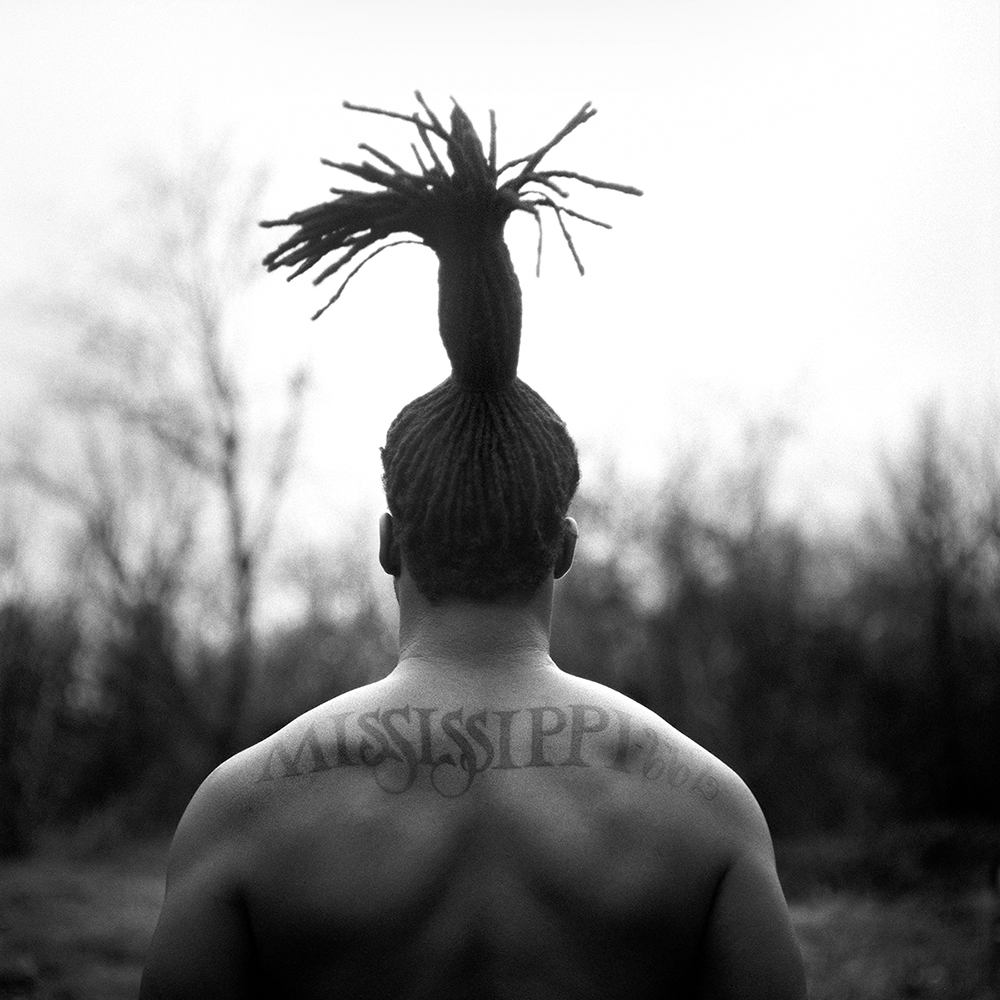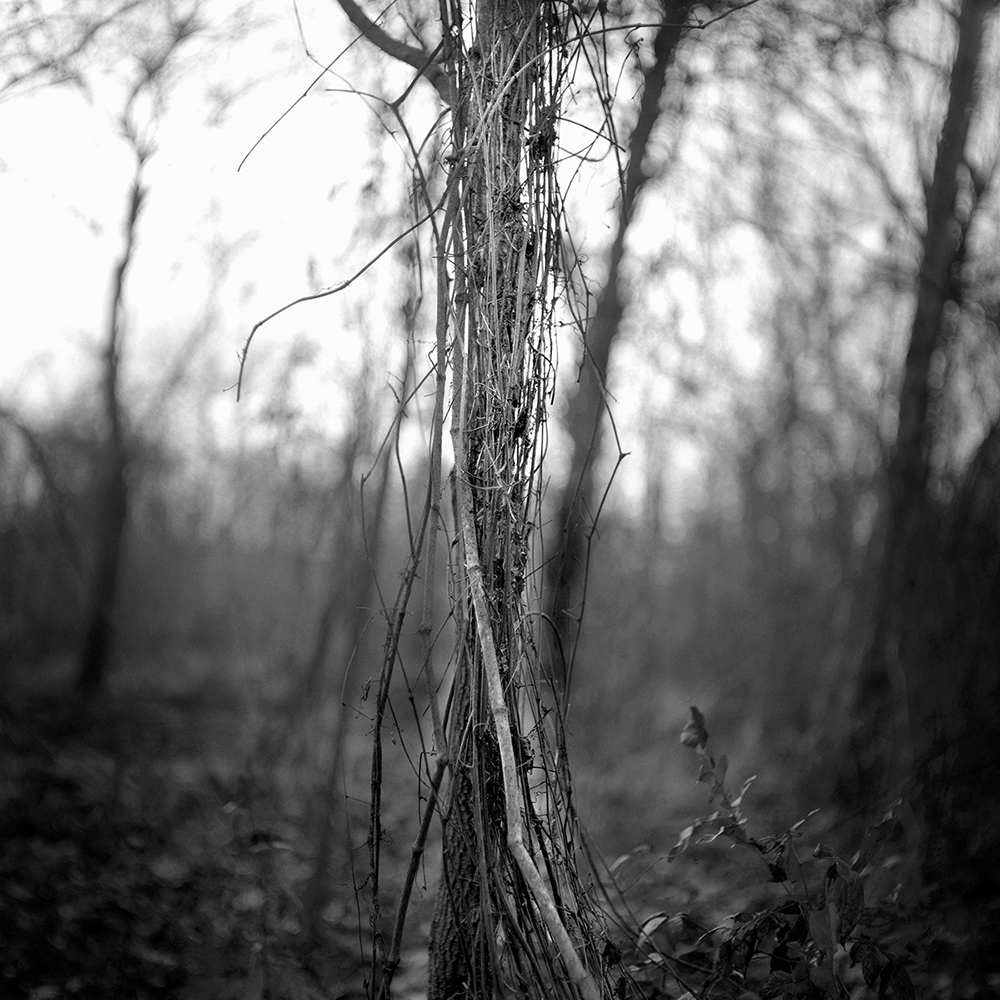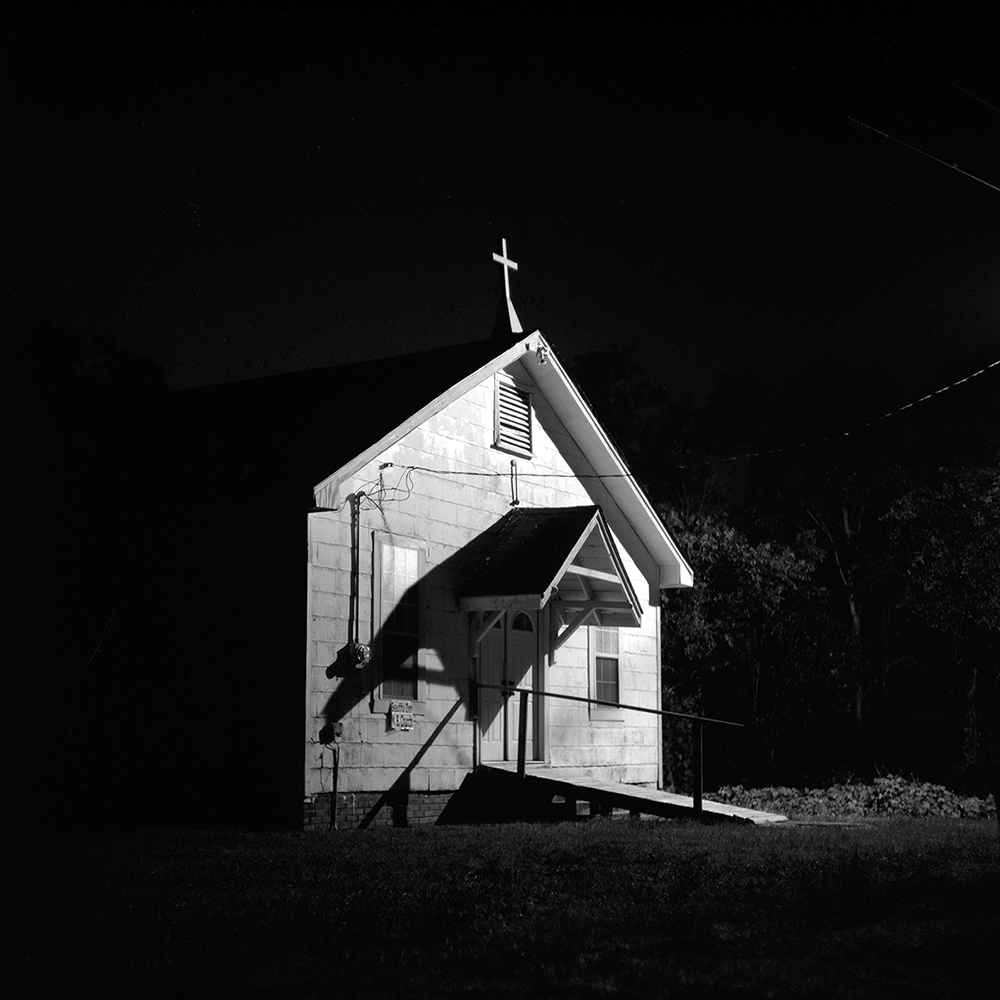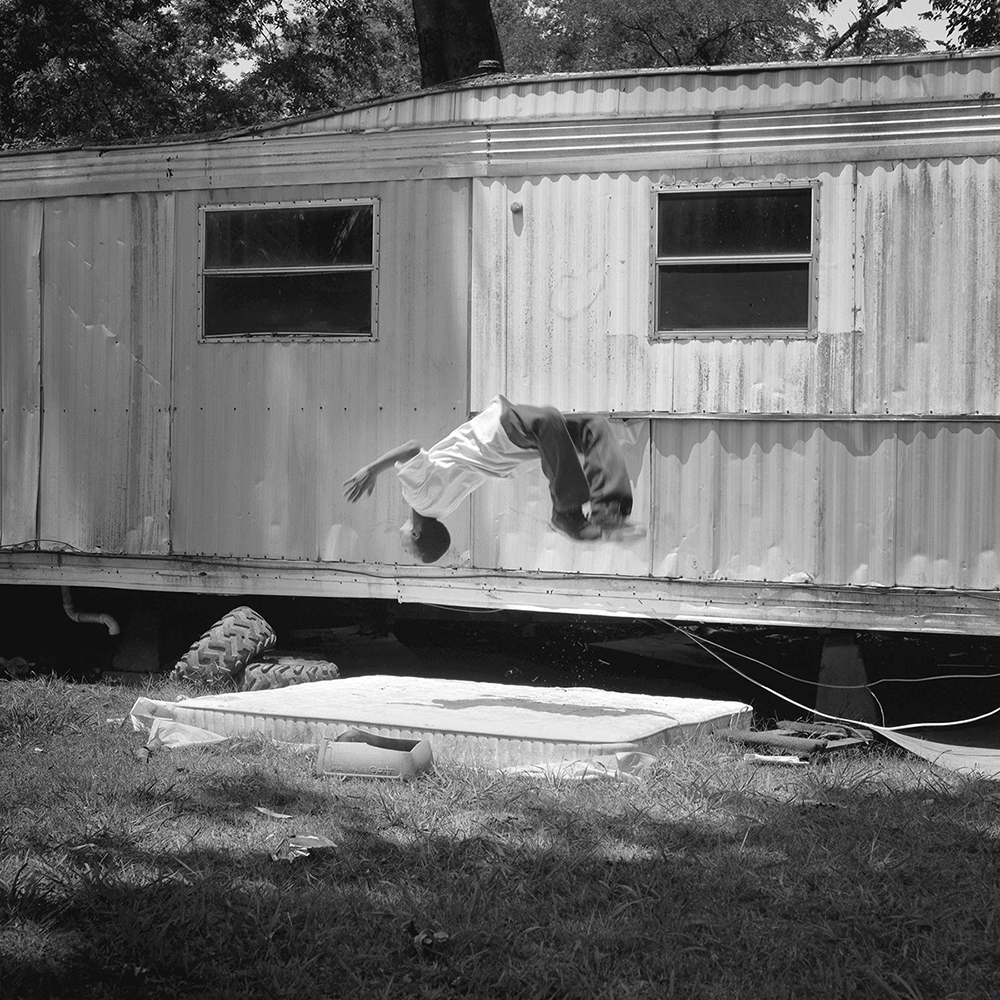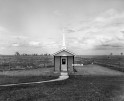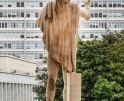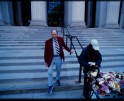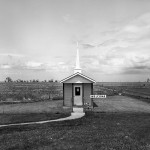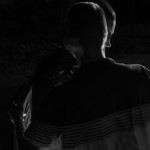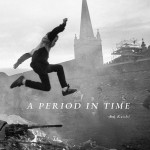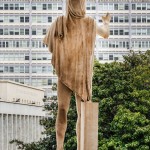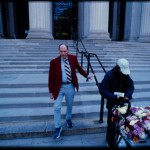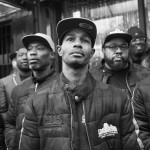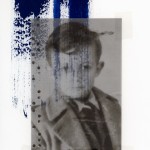Brandon Thibodeaux: In That Land of Perfect Day
I wouldn’t say that I know Brandon Thibodeaux in an intimate or profound way, but I have always felt that he was something special. His work makes me feel things — I can hear his voice, filled with the cadence of slowed down Southern storytelling, as he offers up the bounty of his photographic harvest, each capture a testament to his ability to see. I have always appreciated his gentle nature that cherishes what is in front of his lens, bringing a level of humanity and reverence to his photographs and to his subjects. He also conducts his own photographic practices with that same level of grace and dignity. Needless to say, I am thrilled to share Brandon’s long awaited monograph, In That Land of Perfect Day, that celebrates his photographic gifts. Published by Red Hook Editions, the book comes in two incarnations, a clothbound hardback (pre-sale can be ordered here) and a Special Edition (100 Signed & Numbered Books with Alternative Cover Color) that includes a choice between one of two 6×6 inch selenium toned gelatin silver prints both signed and in edition of 50 each (pre-sale can be ordered here).
This first monograph presents “tales of strength against struggle, humility amidst pride, and a promise for deliverance in the lives he has come to know. For over eight years, he roamed a forty-square mile area in the Mississippi Delta, learning about the region’s history and the contemporary experience of its residents. While this work makes specific reference to rural African American life, his images remind us that these themes of faith, identity, and perseverance are common to us all”.
Brandon Thibodeaux is a member of the New York-based photography collective MJR. His career in photography began at a small daily newspaper in southeast Texas while studying photography at Lamar University in Beaumont, TX, under Keith Carter. He holds a Bachelor of Arts in Photojournalism from the University of North Texas with a specialization in International Development. He currently resides in Dallas, TX, where he works for clients like Shell Oil International, Smithsonian Magazine, Mother Jones, Monocle, FT Weekend Magazine, The New York Times, and The Wall Street Journal, among others, and is also a guest instructor with the Maine Media Workshops.
His work in the Mississippi Delta entitled When Morning Comes has been recognized by American Photo Magazine, PDN, New York Times Lens Blog, Time.com, and is internationally exhibited in galleries and museums. In 2009 he joined the ranks of the
Getty Reportage Emerging Talent. In 2012 The Oxford American listed him as being one of their 100 Under 100 New Superstars of Southern Art, and in 2013 his work in the Mississippi Delta was award the Critical Mass Top 50 Solo Show Award. He is the 2014 Michael P. Smith Fund for Documentary Photography recipient and 2016 Palm Springs Portfolio Review Prize winner.
In That Land of Perfect Day
For the past eight years I have lived with and photographed a number of families in townships and villages spanning some 60 square miles of the northern Mississippi Delta; Towns with names like Alligator, BoBo, and Duncan, as well as the United States’ oldest completely African American municipality, Mound Bayou.
During this time I came across a sermon by Dr. Martin Luther King Jr. from November 1967 in which he uses the Biblical story of Shadrach, Meshach and Abednego to voice his call for civil disobedience. The three men, in refusing to bow before King Nebuchadnezzar’s golden idol, were cast into a fiery furnace but found their selves shielded from its flames by their faith in their Lord. To this Dr. King exclaimed,
“Somewhere along the way you should discover something that is so dear, so precious to you, that is so eternally worthful, that you will never give it up. You ought to discover some principle. You ought to have some great faith that grips you so much that you will never give it up. Somehow you must go on and say, I know that the God that I worship is able to delivery me, but if not, I’m going on anyhow, I’m going to stand up for it anyway!”
This quote speaks to two themes, faith and perseverance. And in reflecting upon this I realized that these themes run throughout my experiences in the Delta. From the life of a single mother fighting to provide for her children, to the chorus of the hymns we sing in church, like This Little Light of Mine, Take My Hand Precious Lord, and By and By – from which the title of this project is derived.
“By and by, when the morning comes, when the saints of God are gathering home, we will tell the story of how we’ve overcome, we will understand it better by and by.”
Still they echo in the story of Mound Bayou’s founding for which in 1910 a New York Times headline once declared, “Ex-Slaves Dream of Model Negro Community Comes True – Where No White Man Can Own a Square-Foot of Property.” In the subtext of the piece it is said that in 1887 the town’s founder, Isaiah T. Montgomery, saw his men begin to falter as they cleared the Delta’s virgin forest and proclaimed,
“Why stagger at the difficulties that confront you? Have you and your forefathers not for centuries braved the miasma and hewn down forests at the command of your masters? Can you not perform the same heroic duty for yourselves and for your children unto successive generations, that they may worship and develop under their own vine and fig tree?”
These words took the dreams of enslaved generations and turned them into a reality filled with black bankers, doctors, and lawyers, but most importantly they were landowners, whom for some 20 plus years lived a black American Dream in the very heart of a region most recognize by its history of racial strife. Mound Bayou became a promised land for freedmen heralded by Booker T. Washington and President Theodore Roosevelt as being a “shining example of black achievement.”
Over these past eight years I have witnessed signs of strength against struggle, humility amidst pride, and a promise for deliverance in the lives that I have come to know. While this work makes specific reference to the rural black experience, I am reminded with every visit that these themes of faith, identity, and perseverance are common to us all for these are the traits of strong men.
Posts on Lenscratch may not be reproduced without the permission of the Lenscratch staff and the photographer.
Recommended
-
Yulia Spiridonova: Wayward SonJanuary 29th, 2026
-
Ed Kashi: A Period in Time, 1977 – 2022January 25th, 2026
-
Ben Alper: Rome: an accumulation of layers and juxtapositionsJanuary 23rd, 2026
-
Nathan Bolton in Conversation with Douglas BreaultJanuary 3rd, 2026

